Kosher foods are those foods that conform and are allowed for consumption based on the regulations of Jewish Dietary Law as prescribed in the Torah.
Reasons for food not being kosher also include the presence of ingredients derived from
non-kosher animals or from kosher animals that were not slaughtered in the ritually proper manner, as well as the use of non-kosher utensils and machinery.
Animal Products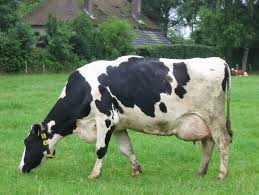
Meat and meat-by-products are only permitted if they originate from kosher animals.
These animals can be identified by having split hooves and by chewing their cud, however, as stated before all animals must have been slaughtered by a trained person called a “schochet”.
Permitted species include for instance: cattle, sheep, goat, chicken, and turkey.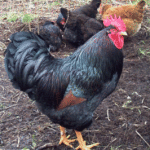
Poultry and other fowl
We know which birds are permitted by mean of tradition.
Permitted species include for instance: chicken, duck, turkey, geese, pheasant, and pigeons.
Fish Products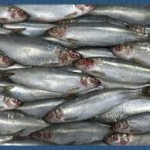
Fish are kosher as long as they have fins and scales.
Permitted species include for instance: salmon, tuna, trout, carp, pike, and herring.
Sea Creatures
A large number of sea creatures are prohibited, they include for instance: lobsters, c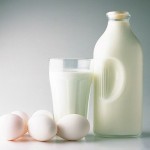 rabs, oysters, shrimps, clams, crayfish, eels, squid and sea cucumbers.
rabs, oysters, shrimps, clams, crayfish, eels, squid and sea cucumbers.
Eggs and Milk
The derivatives of non kosher animals, like eggs and milk, are also prohibited.
Cheese
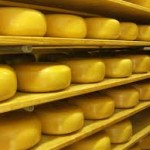
All cheeses are dairy, however, it needs to be assured that they have been manufactured with a permitted rennet.
Fruits, Vegetables and Grains
All fruits, vegetables, and grains are permitted.
Wine and products which contain grapes or their derivates, however, are only permitted when produced under supervision.
Wines
For all wines, Rabbinical supervision is required. This includes products like grape juice, grape flavored gelatines, drinks and vinegar.
Insects
All insects are prohibited. It is therefore important that, for instance, all vegetables
are carefully controlled to assure that they are insect free.
Kosher for Passover

The certification requirements for products for Passover are even more stringent as for kosher certified products to be used all year round and exclude the use of all leavened grains, mixtures of grains or related products.
Implementing these requirements in industrial food production requires to be overseen by a specialized person, who should have thorough experience in the specific Passover laws.
The above is only a general review with regard to kosher basic laws. In case you require specific information, please contact the KCS offices.
